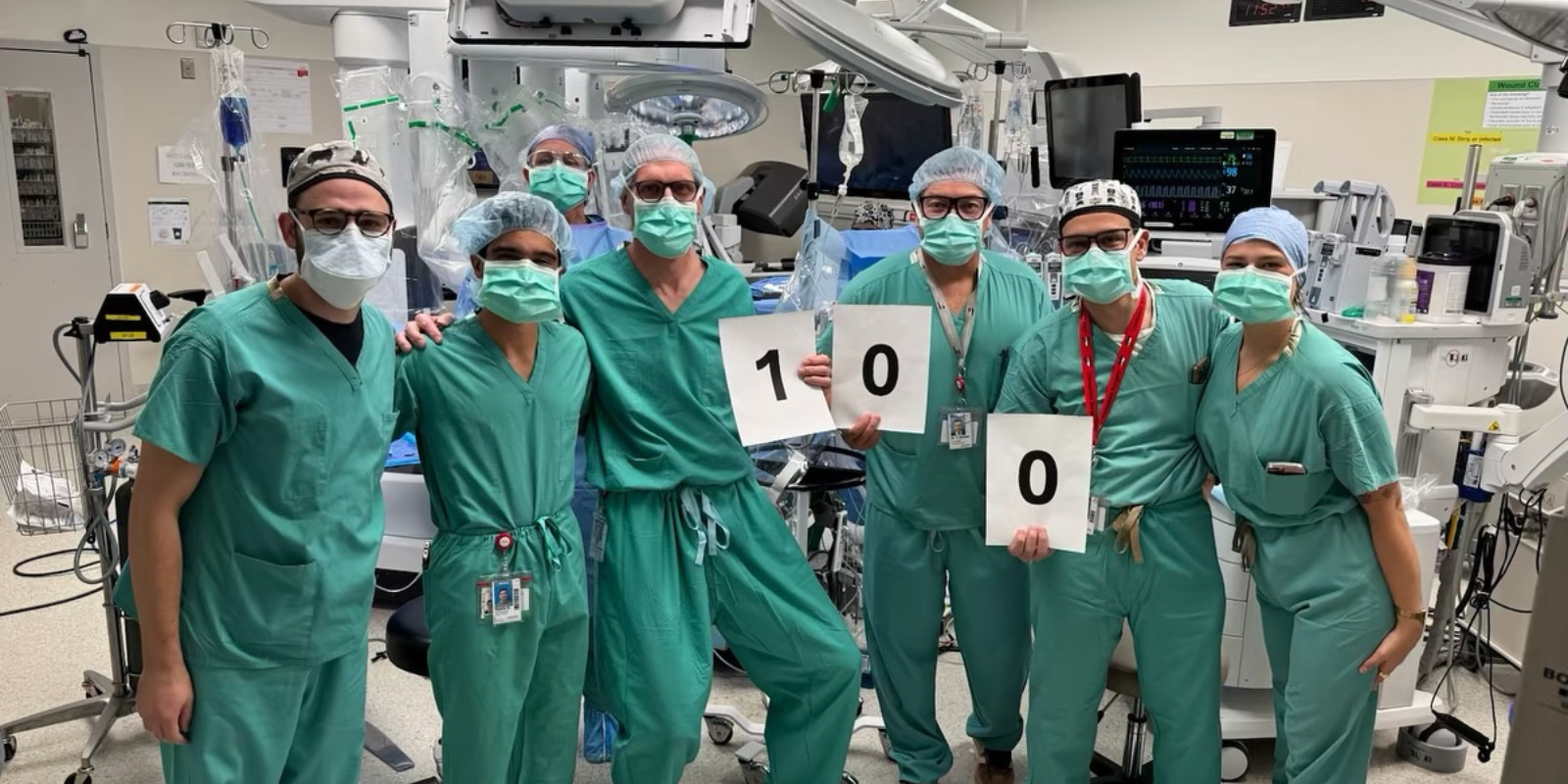It’s not unusual to accidentally hit your head just going about your day, so after hearing about Bob Saget’s cause of death, how concerned should people be?
That’s true, we hit our heads all the time and in the overwhelming majority of cases we go about our business because the sort of injury that likely led to Bob Saget’s death is extremely rare. That’s the hard part of talking about this, because we don’t want to freak everybody out and make them think that every time they hit their head it can lead to death.
The things we need to watch out for are ongoing symptoms: headache, confusion, dizziness, nausea, vomiting, slurred speech, weakness in your limbs, trouble walking. There’s a difference between hitting your head and true traumatic brain injury, and a big part of that difference is the duration of ongoing symptoms. If you hit your head and it hurts, maybe you even see a bright flash, but the symptoms fade pretty quickly, then that’s generally not going to be a big cause for concern. It’s when you have those symptoms I mentioned and they don’t go away that you want to seek medical attention.
Are there any people or groups who should pay particular attention to symptoms when they hit their heads?
The most common injury associated with hitting your head is falls, and people over age 75 and those taking blood thinners are two groups at high risk for head injuries. If there’s a fall associated with hitting your head, especially if there’s a loss of consciousness, then that’s a real concern and I would advise people to seek help.
One of the scary aspects of Bob Saget’s injury is that by all appearances he was by himself – he hit his head and went to bed. Again, we don’t want to fearmonger, and we don’t know if there was a loss of consciousness, but if that does happen it generally means you’ve had a pretty big injury and you probably don’t want to go to sleep. If you’re by yourself and you hit your head, it’s a good idea to at least let someone know and wait a bit to see whether the symptoms fade.
What are some of the main causes of these types of head injuries?
In the United States, the number-one cause is falls, and the number-two cause is motor vehicle crashes. However, anything that leads to a significant external force to the head can result in traumatic brain injury, so that’s why we also see these injuries in military personnel and in people playing high-impact sports. But the causes can run the gamut.
If you hit your head and experience the symptoms you mentioned, are there some symptoms that are more serious than others?
Any symptom that doesn’t go away is a concern, but especially loss of consciousness, slurred speech, weakness in the limbs, ongoing nausea and vomiting, what feels like the worst headache of your life – those are the ones that are going to be especially concerning. You may hit your head and have a goose egg, and that spot may be sore for a day or two, but if those other immediate symptoms fade pretty quickly then it’s not going to be as much of a cause for concern. If you do hit your head, and even if the symptoms fade quickly, it’s still a good idea to let someone else know it happened so they can watch for symptoms, too.
What advice do you have for people who hit their heads and hesitate to seek medical attention because they worry it will end up not being anything serious?
We absolutely don’t mind if people come in and say, “Hey, I got hit in the head and it hurts.” We really prefer that they do. You’re not wasting our time or yours getting something checked out that’s concerning you or that hurts. We would much rather see you and be able to say everything’s OK than have you ignore something that could potentially be very serious.
If you hit your head and the symptoms don’t go away, and especially if you get knocked out, call medical professionals, call 911. They can help guide you and help you know what to do. The overwhelming majority of people we see for concerns after they’ve hit their head are OK, but we still want to see them to make sure they’re OK and be able to do a neurological exam or even a CT scan. Again, we don’t want to fearmonger, but we do want people to know what the symptoms are and what to watch out for.






